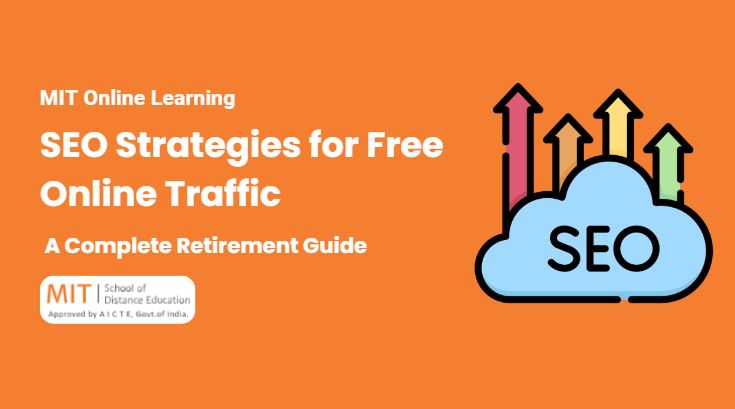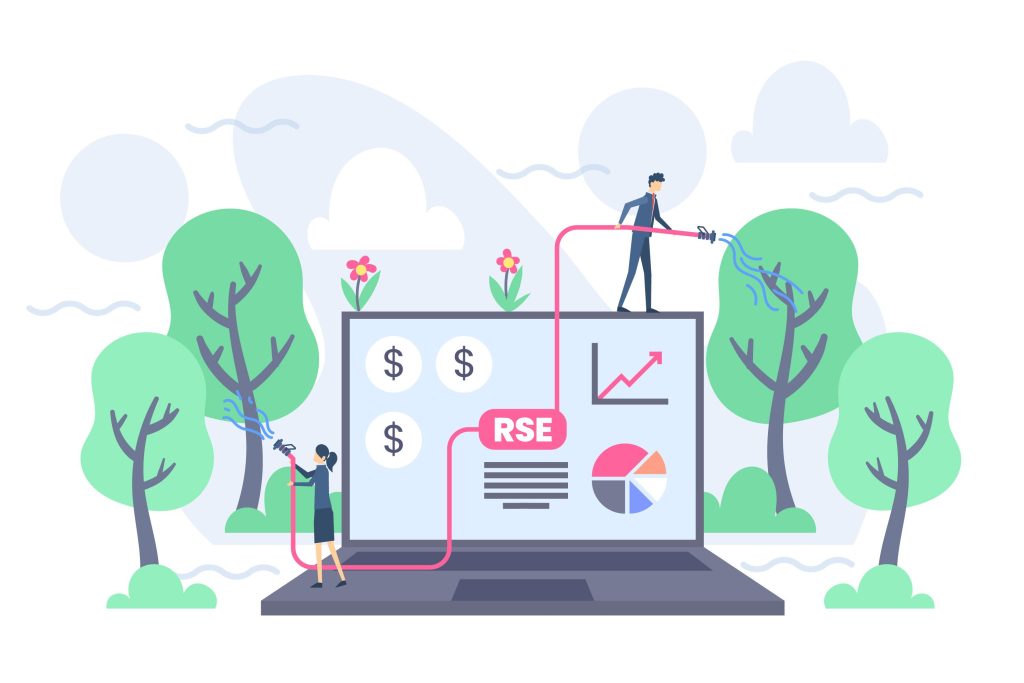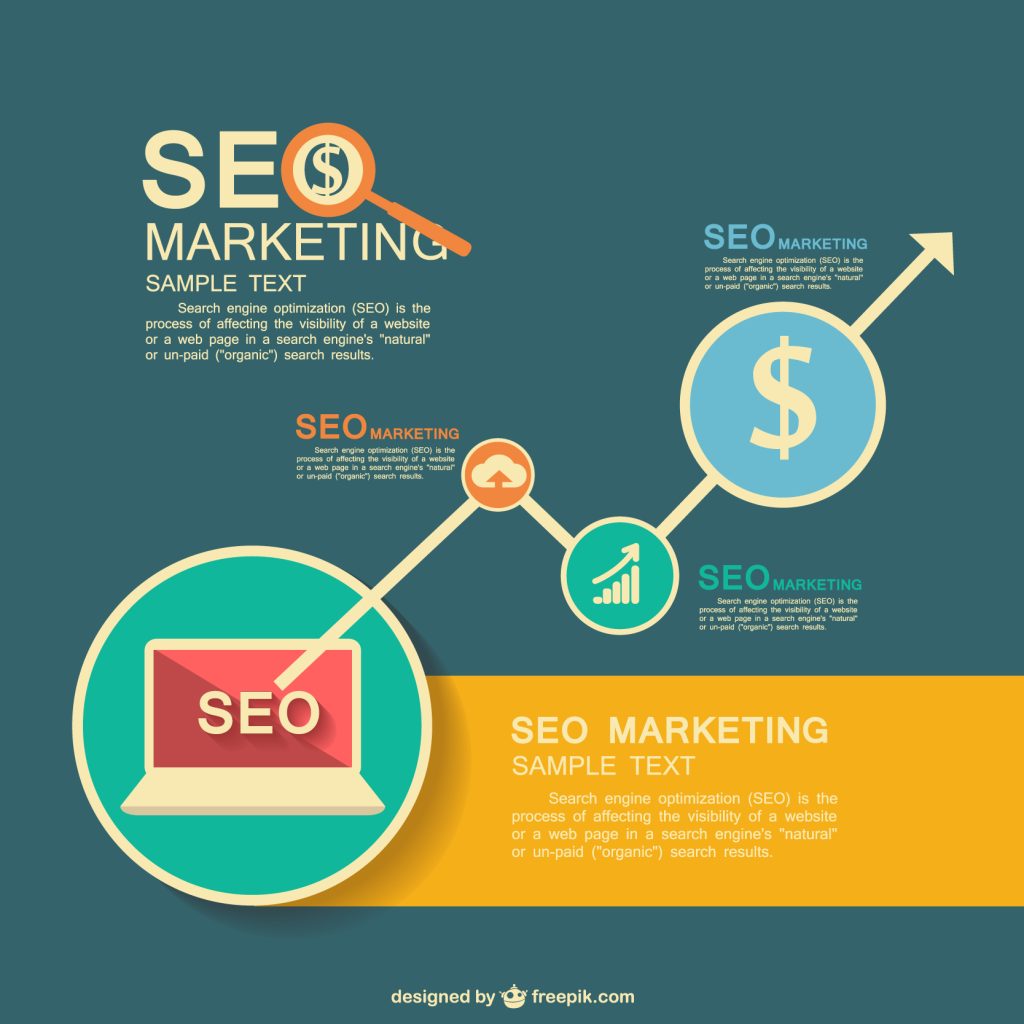
In the digital age, every business wants to be discovered online, but visibility is not enough—you need the right visitors. This is where search engine optimization (SEO) comes into play. The role of SEO is to connect your website with people actively searching for your products, services, or solutions. By implementing the right SEO strategies, you can attract organic traffic—free, consistent, and high-quality visitors that convert.
Paid ads may provide quick results, but they stop once the budget is exhausted. On the other hand, SEO provides long-term results by ensuring your brand consistently ranks higher on search engines. This blog explores the importance of SEO, its role in digital marketing, and the proven techniques that help businesses grow sustainably.
What is the Role of SEO in Digital Marketing?
SEO is an integral part of digital marketing. While channels like social media, paid ads, and email campaigns are useful, none provide the long-term reliability that SEO offers. The role of SEO is to improve your website’s ranking on search engines like Google, Bing, and Yahoo, making your content accessible to your target audience.
In digital marketing, SEO complements other channels:
- It ensures your paid campaigns reach better-qualified leads.
- It strengthens content marketing by improving visibility.
- It enhances user experience, making visitors stay longer on your site.
Without SEO, your digital marketing campaigns remain incomplete, as you’d lack sustainable, organic growth.

How SEO Helps in Driving Organic Traffic to Websites
Organic traffic is the backbone of online success. SEO ensures that when users search for relevant queries, your website appears in front of them.
Here’s how SEO contributes:
- Keyword Optimization: By targeting relevant keywords, you attract visitors who are already interested in your products or services.
- Technical SEO: Optimizing site speed, mobile responsiveness, and indexing makes your site user-friendly.
- Content Strategy: High-quality, informative content builds authority and keeps users engaged.
- Local SEO: Optimizes your visibility for location-specific searches.
The more optimized your website is, the more likely it is to appear in top results, driving consistent organic traffic.
Importance of SEO for Business Growth
The importance of SEO in business growth is undeniable. Unlike traditional advertising, SEO offers measurable and sustainable benefits:
- Cost-Effective Marketing – Organic traffic reduces dependency on costly ads.
- Higher ROI – SEO generates long-term returns compared to short-term campaigns.
- Brand Trust and Credibility – Users trust websites that rank higher on search results.
- 24/7 Promotion – Unlike paid ads, SEO keeps your business visible round the clock.
For startups, SMEs, and enterprises, SEO provides a level playing field to compete with larger players.
Best SEO Strategies to Increase Organic Traffic
To maximize SEO for organic traffic, you need effective strategies.
Here are the best ones:
- In-Depth Keyword Research – Find terms your audience searches for.
- Content Optimization – Write blogs, guides, and case studies that add value.
- On-Page SEO – Optimize titles, meta tags, headers, and internal links.
- Link Building – Earn authoritative backlinks to build credibility.
- Technical SEO – Fix broken links, improve site speed, and ensure mobile-friendliness.
These SEO strategies ensure long-lasting organic growth.

Role of SEO in Improving Website Visibility
Your website may have great content, but without SEO, it might remain invisible. SEO boosts visibility by making sure your site ranks high on search engines.
Improved visibility leads to:
- Increased brand awareness
- Higher click-through rates
- More conversions
In short, SEO ensures that when potential customers search, they find you before they find your competitors.
SEO Techniques to Rank Higher on Google
Google dominates the search engine market, and ranking higher requires specific SEO techniques:
- Schema Markup – Helps Google understand your content better.
- Internal Linking – Improves site structure and distributes link equity.
- Featured Snippets Optimization – Answer queries concisely to appear in the zero position.
- Regular Content Updates – Fresh, updated content signals relevance.
When applied correctly, these techniques can push your site above competitors.
Why SEO is Important for Organic Search Results
Search results are divided into paid ads and organic listings. While ads grab attention, studies show most users prefer clicking on organic results because they trust them more. The importance of SEO lies in securing these unpaid clicks, building long-term brand authority.
Why Organic Traffic is Better than Paid Traffic
Paid traffic stops when you stop paying. Organic traffic, however, continues to grow with consistent effort.
Benefits of organic traffic include:
- Higher trust and credibility
- Long-term sustainability
- Cost-effectiveness
- Better conversion rates
This is why businesses prioritize SEO strategies over relying solely on ads.

SEO Strategies to Improve Organic Reach
Expanding reach means going beyond keywords. Here are additional strategies:
- Content Clusters – Group related content around a pillar page.
- Social Signals – Increase visibility by promoting content on social platforms.
- User Experience Optimization – Improve engagement with easy navigation.
- Voice Search SEO – Optimize for conversational queries.
With these strategies, your organic reach widens, bringing more relevant visitors.
How Keyword Research Improves Organic Search Traffic
Keyword research is the foundation of SEO. Without it, your content may never reach the right audience. By analyzing search volume, competition, and user intent, businesses can:
- Target relevant queries
- Improve click-through rates
- Reduce bounce rates
- Attract high-converting traffic
This makes keyword research one of the most powerful tools in search engine optimization.
How On-Page SEO Impacts Organic Traffic
On-page SEO ensures that your content is optimized for both users and search engines.
Key elements include:
- Title tags with primary keywords
- Meta descriptions with engaging CTAs
- Header tags (H1, H2, H3) for better readability
- Optimized images and alt text
These factors make your website discoverable and user-friendly, directly boosting organic traffic.

Importance of Backlinks in SEO for Organic Traffic
Backlinks remain one of Google’s top ranking factors. When authoritative websites link to your content, it signals trust and relevance. Benefits of backlinks:
- Improved domain authority
- Higher search rankings
- More referral traffic
Guest blogging, partnerships, and high-quality content creation are the best ways to build strong backlinks.
How Mobile SEO Increases Organic Search Rankings
With mobile-first indexing, Google prioritizes mobile-friendly websites. Mobile SEO ensures your site is optimized for smaller screens, fast loading, and easy navigation. Benefits include:
- Higher rankings on mobile searches
- Better user engagement
- Increased local visibility
Since most users browse via smartphones, mobile SEO is no longer optional—it’s essential.
Conclusion
The role of SEO in driving organic traffic is clear. From keyword research to mobile optimization, SEO ensures that businesses gain visibility, build credibility, and attract high-quality leads. Unlike paid traffic, organic traffic is sustainable, trustworthy, and growth-driven.
To succeed in today’s digital landscape, businesses must invest in search engine optimization as a long-term strategy.
If you want to master these skills,
MITSDE offers:
By enrolling, you’ll learn the latest SEO strategies and digital marketing practices that help businesses thrive online.



